As a BetterHelp affiliate, we receive compensation from BetterHelp if you purchase products or services through the links provided
Protecting a child from a narcissistic father can be a complex and sensitive issue. It often requires a deep understanding of narcissistic traits and behaviors. As a caregiver, your primary concern is safeguarding your child’s emotional and mental well-being. Knowing how to navigate the intricate dynamics of a relationship with a narcissistic individual becomes crucial. This includes developing effective communication methods, establishing boundaries, and finding healthy coping mechanisms for you and your child.
Children exposed to narcissism in a parent might face unique challenges that can affect their development and self-esteem. Awareness of how such exposure can manifest in a child’s behavior and emotions is pivotal. Supporting your child through this may involve seeking professional guidance, creating a nurturing environment, and encouraging open communication. Knowledge about the legal aspects and implications of co-parenting with a narcissistic father is also instrumental in ensuring your child’s safety and well-being.
Key Takeaways
- Understanding the traits of narcissism is crucial to protect your child.
- Establishing boundaries and seeking support can help navigate parenting challenges.
- Legal knowledge and professional guidance are key in safeguarding your child’s interests.
 Understanding Narcissism
Understanding Narcissism
When dealing with a narcissistic father, it’s vital to grasp the tenets of narcissism to navigate the complex dynamics involved.
Defining Narcissistic Personality Disorder
Narcissistic Personality Disorder (NPD) is a mental condition characterized by a long-term pattern of abnormal behavior that includes excessive need for admiration and a lack of empathy for others. A person with NPD often has an inflated sense of self-importance, yet behind this mask lies a fragile self-esteem, vulnerable to the slightest criticism.
- Key Indicators of NPD:
- Grandiosity: An overblown view of one’s abilities and achievements.
- Need for excessive admiration: A demanding expectation for continuous praise and attention.
- Sense of entitlement: A belief in unquestioned compliance with one’s expectations.
Recognizing Narcissistic Traits
Identifying narcissistic behavior, especially in a parent, is crucial for understanding how to protect oneself. Look for these signs:
- Arrogance and Haughty Behaviors: Your narcissistic father may exhibit contemptuous attitudes or behaviors.
- Entitlement: He might act as if the world owes him, expecting special treatment without giving much in return.
- Lack of Empathy: He may struggle to recognize or consider your feelings or needs.
- Signs of Narcissism in Fathers:
- Disregard for boundary-setting
- Manipulative or controlling tendencies
- Quick to anger if perceived as inferior or underappreciated
Key Takeaway: Understanding the traits and signs of NPD can empower you to recognize narcissistic behavior patterns, thus better protecting yourself from their impact.
 Effects of Narcissism on Children
Effects of Narcissism on Children
When a child has a narcissistic father, this environment can significantly shape their well-being and development. Understanding how such interactions can affect a child’s emotional landscape and growth is essential.
Emotional Impact on Child
Children crave love and attention from their parents, but a narcissistic father may often prioritize his own needs, leaving the child feeling neglected or unimportant. Here’s how a child’s emotions might be impacted:
- Low Self-Esteem: You might notice your child doubting their value because they aren’t receiving the affirmation they need.
- Guilt and Shame: They often carry guilt or shame, believing they’re at fault for not being ‘enough’ to garner the parent’s full love.
Key takeaway: Keep an eye out for signs of diminished self-worth or misplaced guilt in your child; these emotions are common in children with narcissistic parents.
Child Development Concerns
A narcissistic father’s behavior can interfere with normal child development. Pay attention to these aspects:
- Health: Stress from the emotional turmoil may manifest as physical symptoms, like headaches or stomachaches.
- Anxiety and Depression: The constant pressure to please can lead to anxiety, while feeling undervalued might result in depression.
- Anger Issues: Battling with these emotions might cause children to exhibit inwardly and outwardly anger.
Key takeaway: Your child’s physical and mental health can be affected by the strain of a narcissistic father. Monitoring and addressing these signs early on can improve their developmental trajectory.
Legal Aspects of Co-Parenting
When co-parenting with a narcissist, understanding your legal rights and obtaining professional counsel are crucial steps in protecting both your and your child’s well-being.
 Understanding Custody Rights
Understanding Custody Rights
Know that custody laws can differ significantly from one jurisdiction to another. To establish what your rights are in your specific location, you will need to:
- Check local laws: Understand legal definitions around custody and visitation rights clearly.
- Joint vs Sole Custody: Recognize the distinctions, as joint custody allows both parents to make decisions for the child, while sole custody limits this capacity to one parent, potentially shielding the child from a narcissistic parent’s influence.
- Documentation: Keep thorough records of interactions with the narcissistic parent that might be relevant in a legal setting.
Key Takeaway: Familiarizing yourself with the custody laws applicable to your situation is a foundational step in ensuring the safety and stability of your child.
Seeking Legal Advice
Consulting with a lawyer who specializes in family law is a critical step. They can help you:
- Navigate Divorce Proceedings: If you’re divorcing a narcissistic spouse, a lawyer will guide you through the complexities of legal separation and child custody.
- Contact Authorities: Learn when and how to involve authorities or police if the narcissistic parent violates custody agreements or endangers the child.
- Custody Modification: Understand how to petition for a change in custody or visitation rights if the narcissistic parent’s behavior warrants it.
Key Takeaway: Professional legal advice is essential in maneuvering through the intricacies of co-parenting with a narcissistic individual to safeguard your child’s welfare.
Building a Support System
Creating a robust support system is crucial when navigating the challenges that come with having a narcissistic father. You can protect your child’s emotional well-being by seeking professional guidance and rallying friends and family.
Reaching Out for Professional Help
Connect with a qualified therapist who can provide support and strategies for your family. Therapy is a safe space for your child to express emotions that might be difficult to convey at home. Professional help can offer:
- Tailored Support: Therapists can develop strategies that cater to your child’s needs.
- Coping Mechanisms: Support your child in learning how to respond to challenging situations.
Key Takeaway: Don’t hesitate to seek therapy, as it’s a stepping stone to building resilience in your child.
Roles of Friends and Family
Engage with friends and family to foster open communication and emotional support. Here’s how they can contribute:
- Emotional Buffer: Close friends and relatives can offer your child an alternate perspective and emotional cushion.
- Active Listening: Encourage loved ones to engage in conversations without judgment, validating your child’s feelings.
Remember, every conversation with friends and family adds a brick to the fortress of support for your child.
Key Takeaway: Lean on the strong pillars of friends and family; their involvement is invaluable.
 Communicating with a Narcissistic Father
Communicating with a Narcissistic Father
When dealing with a narcissistic father, it’s crucial to approach conversations with clarity and protect your own emotional well-being.
Establishing Boundaries
It’s vital to establish clear boundaries with a narcissistic father. Boundaries help safeguard your emotional space and create a more predictable environment for interaction.
- Identify Your Limits: Consider what behaviors you can tolerate and where to draw the line. Be specific.
- Clearly Communicate Your Boundaries: Use simple, direct language to express these limits. “I feel upset when you criticize me in public. Please refrain from doing that.“
- Consistency: Be consistent in enforcing these boundaries. If a line is crossed, calmly restate your boundary and the consequences.
Key Takeaway: Setting firm boundaries is essential in maintaining your emotional health in this relationship.
Effective Communication Strategies
To communicate with a narcissistic father, you must choose your battles and keep emotions in check to avoid manipulation and gaslighting.
- Stay Calm: Remain calm and composed, even when your father may be critical or emotionally distant.
- Focus on Facts: Keep the conversation grounded in reality. Avoid getting drawn into emotional arguments.
- Choose Timing Wisely: Engage in discussions at moments when your father is most likely to be receptive.
- Avoid Jargon: Use clear, straightforward language to prevent any misunderstanding.
Key Takeaway: Equip yourself with strategies that foster clearer, calmer conversations, reducing the chances of conflict.
Coping Mechanisms for the Child
When dealing with a narcissistic father, it’s crucial to equip your child with effective coping strategies and empower them with the ability to recognize and manage their emotions.
 Fostering Resilience and Confidence
Fostering Resilience and Confidence
Resilience is your child’s shield, growing from the soil of self-care and support. Here’s how to nurture it:
- Establish a Supportive Network: Encourage connections with family members or teachers who can provide affection and guidance.
- Positive Affirmations: Teach your child to use positive self-talk. This can help build their self-esteem.
Key Takeaway: A supportive network and positive self-affirmations are essential for building resilience in your child.
Cultivating Emotional Identification
Emotional identification is about recognizing feelings—their own and others’. To enhance this skill:
- Name the Emotion: Help your child express their feelings by putting a name to it. Use simple terms.
- Emotion Activities: Storytelling or art can be fun for your child to explore and understand different emotions.
Key Takeaway: Recognizing and naming emotions helps your child understand and cope with their feelings effectively.
Self-Improvement and Healing
In overcoming the challenges of having a narcissistic father, focusing on your personal development and healing is crucial. You can grow and find peace within yourself despite past difficulties.
Personal Growth Post-Divorce
After a divorce, it becomes essential to rediscover yourself and your interests. Now is the time to focus on what makes you feel alive and fulfilled.
- Explore New Interests: Take up a hobby or learn a new skill. This can be anything from painting to coding. Engaging in new activities can bring a sense of accomplishment and joy.
- Expand Your Education: Consider going back to school or attending workshops. Education is a powerful tool for empowerment and can open new paths.
- Set Personal Goals: Write down your aspirations and take small, steady steps to achieve them. Whether it’s running a 5k or reading a book a month, setting goals helps you move forward.
Key Takeaway: Post-divorce life is a chance for new beginnings and self-discovery.
T herapeutic Practices for Healing
herapeutic Practices for Healing
Healing from emotional trauma takes time, and incorporating therapeutic practices into your daily routine can be incredibly beneficial.
- Engage in Therapy: A qualified therapist can equip you with practical tools to understand and process your experiences healthily..
- Practice Meditation: Regular meditation can help you find inner calm and improve your ability to handle stress. Just a few minutes a day can make a significant difference.
- Cultivate Compassion: Be gentle with yourself. Learning to show compassion to yourself aids in healing and fosters an environment where you can flourish.
Key Takeaway: Therapy and mindful practices like meditation can facilitate healing and improve well-being.
Ensuring Your Child’s Safety
When a narcissistic father is part of your child’s life, it’s crucial to prioritize emotional well-being and physical security. The following strategies will guide you in safeguarding your child.
Dealing with Emotional Abuse
Identify Harmful Patterns: Recognize emotionally abusive behaviors. Narcissistic individuals may belittle, manipulate, or ignore your child’s needs. Watch for signs of distress in your child, like sudden changes in mood or behavior.
- Talk to Your Child: Open up lines of communication. Encourage them to share their feelings and reassure them that they are heard and valued.
Establish Boundaries: Clearly define unacceptable behavior and enforce consistent consequences.
- Empower Your Child: Teach them to respectfully identify and express their emotions and stand up for themselves when safe.
Key Takeaway: Recognize emotional abuse and communicate openly with your child to mitigate its impact.
Protecting Your Child from Harm
Legal Steps: Consult a legal professional to understand the options available for reducing the potential of harm from the narcissistic father. This may include seeking a custody arrangement that limits exposure to unhealthy patterns or behavior.
- Document Incidents: Maintain a detailed record of any incidents that involve emotional or physical harm, as it may be important for legal proceedings.
Create a Support Network: Engage with family, friends, and professionals who understand the situation and can provide emotional support and practical advice.
- Safety Planning: Develop a plan for you and your child if a situation escalates. This might include having a safe space or a trusted person to contact.
Key Takeaway: Take proactive legal steps and build a support system to protect your child from potential harm.
 Navigating Co-Parenting Challenges
Navigating Co-Parenting Challenges
Co-parenting with a narcissistic ex-spouse can be an intricate dance, but with the right tools and approaches, you can maintain balance and ensure your child’s well-being.
Managing Communication with the Ex-spouse
Keeping in touch with a narcissistic ex can be taxing. Here are a few steps to make the process smoother:
- Set Clear Boundaries: Decide on the topics that are okay to discuss and stick to those. Keeping conversations focused on your child’s needs, not personal grievances, is crucial.
- Use Written Communication When Possible: Emails and texts allow you to keep a record and think before you respond. Aim for brief, factual, and neutral language to prevent unnecessary arguments.
- Maintain Consistent Messaging: Regardless of differences, strive for a united front regarding parenting. This consistency provides stability for your child.
Key Takeaway: Aim for structured and neutral exchanges that center on your child’s well-being to effectively manage communication with your ex-spouse.
Handling Parental Responsibilities
When sharing responsibilities, clear strategies can help you navigate the challenges that come with a narcissistic co-parent:
- Develop a Detailed Parenting Plan: Include schedules, decision-making processes, and conflict-resolution steps. This plan becomes your reference point for any disputes.
- Stay Focused on the Child’s Needs: Always put your child’s interests first, which may sometimes mean taking the high road for their sake.
- Keep Records: Document interactions and instances where responsibilities are not met. These records can be essential if modifications to custody arrangements are required.
Key Takeaway: A detailed plan and a child-centered approach are fundamental for handling responsibilities with a narcissistic ex-spouse.
Empowering Your Child
In dealing with a narcissistic father, it’s crucial to foster a sense of empowerment in your child. You can instill resilience and inner strength by nurturing their autonomy and providing unwavering love and support. Note that courts have a very low tolerance for “self-help”. Do not directly or indirectly violate any agreed or court-imposed custody or visitation arrangements, and ensure that the child understands the importance of compliance.
Encouraging Autonomy
- Give your child opportunities to make choices. Let them have a say, whether it’s picking out their clothes or deciding on an afternoon activity.
- Discuss family rules together. They feel respected and involved when they understand the reason behind the rules.
Key Takeaway: Encourage them to trust their instincts and opinions, enhancing their self-confidence.
Providing Unconditional Love and Support
- Show your child unconditional love. Tell them you love them often and without conditions, irrespective of achievements or behaviors.
- Be the support they need when they feel helpless or self-blame creeps in. Listen actively and validate their feelings.
Key Takeaway: Your unwavering support helps your child to develop a strong sense of self-worth and shields them from negative self-perceptions.
Planning for the Future
When it comes to protecting your child from a narcissistic father, planning for the future is critical. It’s about knowing what to expect and preparing your child to become a resilient adult.
Anticipating Behavioral Patterns
Recognizing the patterns in a narcissistic father’s behavior can give you and your child a strategic advantage. Your child should understand that a narcissist often seeks control and may employ various tactics to maintain power, including belittling or manipulating. A few strategies to anticipate and counter such behaviors:
- Identify Triggers: Keep track of situations that typically escalate tensions. This can help you mitigate stress before it begins.
- Establish Boundaries: Firm limits on what is acceptable behavior from the father can shield from potential harm.
- Safe Communication: Encourage your child to communicate with you openly about their feelings and experiences.
Key Takeaway: Knowing the triggers and patterns helps you to address and diffuse potentially controlling behaviors preemptively.
Preparing for Adulthood
As children grow, the influence of a narcissistic parent can mold their understanding of healthy relationships. Preparing them for adulthood involves teaching self-worth and independence. Actions to ensure a strong foundation include:
- Strong Support System: Build a network of friends and family your child can rely on.
- Skills for Independence: Help your child develop life skills that promote self-sufficiency, like financial literacy and critical thinking.
- Professional Guidance: Consider therapy or counseling as a space for your child to process their experiences and learn coping strategies.
Key Takeaway: Strengthening your child’s support network and independent life skills is fundamental to reducing the narcissist’s control into adulthood.
Frequently Asked Questions
Navigating the challenges posed by a narcissistic father can be tricky. These FAQs aim to give you the knowledge and tactics you need to support your child effectively.
What are the common effects of a narcissistic father on children?
Children with a narcissistic father may struggle with low self-esteem, anxiety, and trust issues. They often feel they can’t meet expectations and may become overly compliant or rebellious.
- Key takeaway: If you notice these signs, it might be time to strengthen your child’s confidence and sense of security.
How can you counteract a narcissistic parent’s influence over their child?
You can counteract a narcissistic parent’s influence by affirming your child’s feelings, encouraging open communication, and setting healthy boundaries. A stable and loving environment lets your children know they are valued for who they are, not for what they do.
- Key takeaway: Your consistent support is vital in fostering resilience in your child.
In what ways can a narcissistic father use a child to exert control?
A narcissistic father might use guilt trips, manipulation, or even pit siblings against each other to maintain control. They may also expect the child to cater to their emotional needs, reversing the parent-child dynamic.
- Key takeaway: Recognize these tactics to protect your child and maintain healthy family dynamics.
What strategies can help children cope with a narcissistic father’s behavior?
Teach your child to set boundaries and to practice self-care. Help them understand they are not responsible for their father’s emotions or behavior. Promote activities that help them express themselves, like art or journaling.
- Key takeaway: Equip your child with tools to defend their emotional space.
How can you explain the concept of narcissism to a child in an age-appropriate way?
Explain narcissism to a child by describing it as a situation where a person thinks a lot about themselves and may not consider others’ feelings as much. Assure it’s not their fault, and encourage them to share their feelings with you or another trusted adult.
- Key takeaway: Clear, simple explanations help your child understand without feeling overwhelmed.
What legal steps can be taken to prove parental narcissism in a custody case?
Document instances of selfish behavior and seek professional evaluations if you’re considering legal action. Expert testimony from a child psychologist or a counselor can help establish the impact of the father’s narcissism on the child.
- Key takeaway: Accurate records and professional insights are essential for legal proceedings.
This site contains affiliate links to products. We will receive a commission for purchases made through these links.


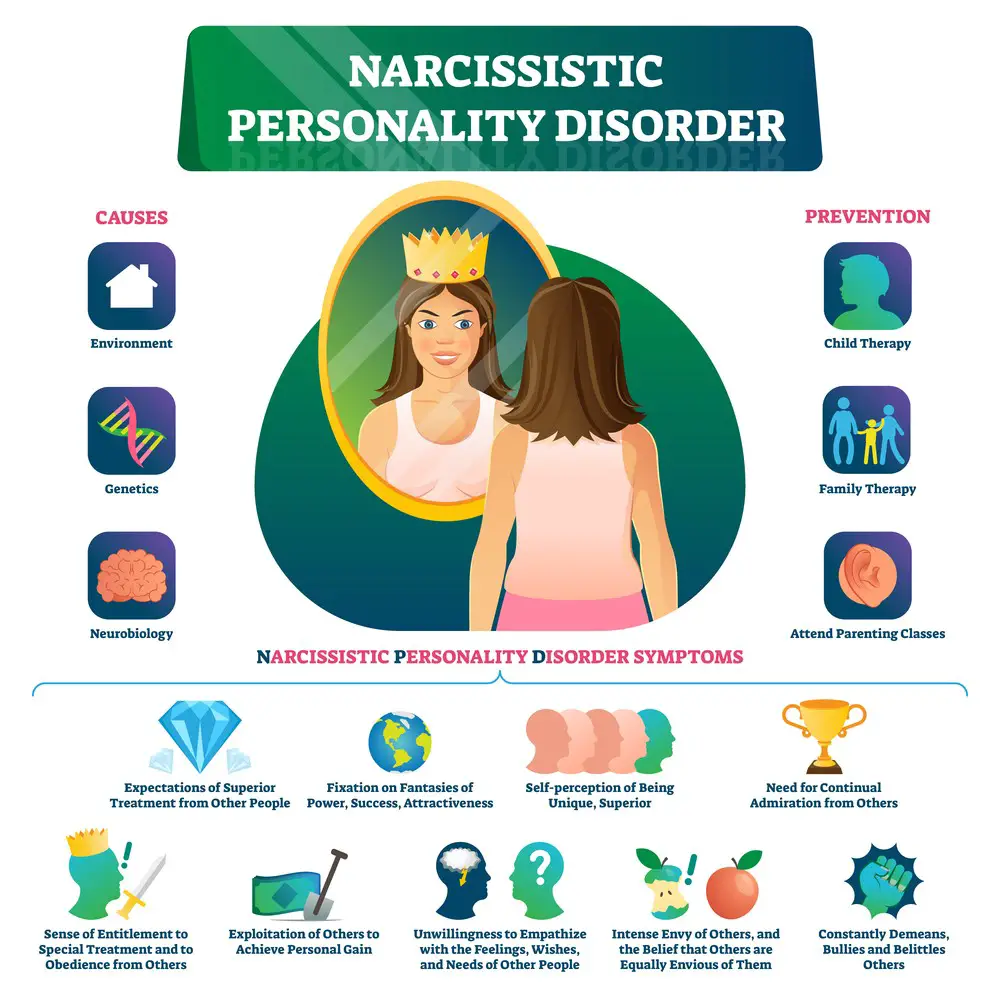 Understanding Narcissism
Understanding Narcissism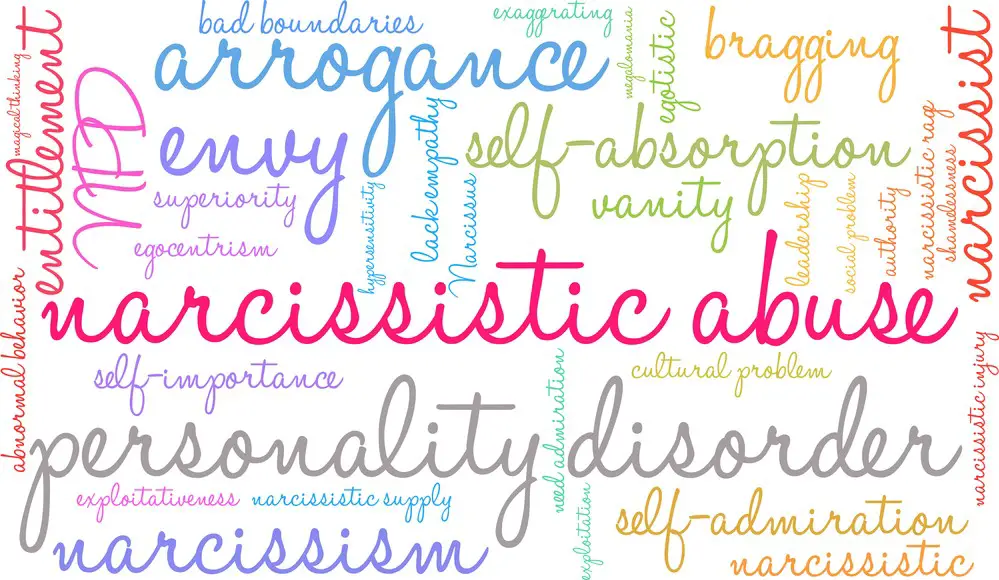 Effects of Narcissism on Children
Effects of Narcissism on Children Understanding Custody Rights
Understanding Custody Rights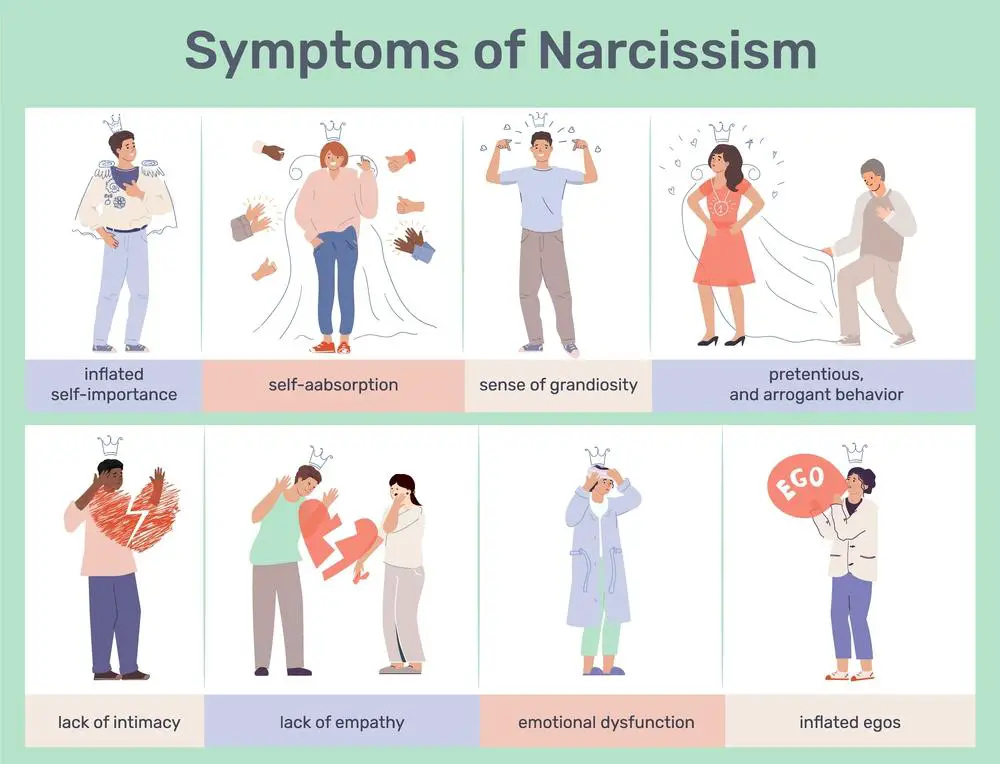 Communicating with a Narcissistic Father
Communicating with a Narcissistic Father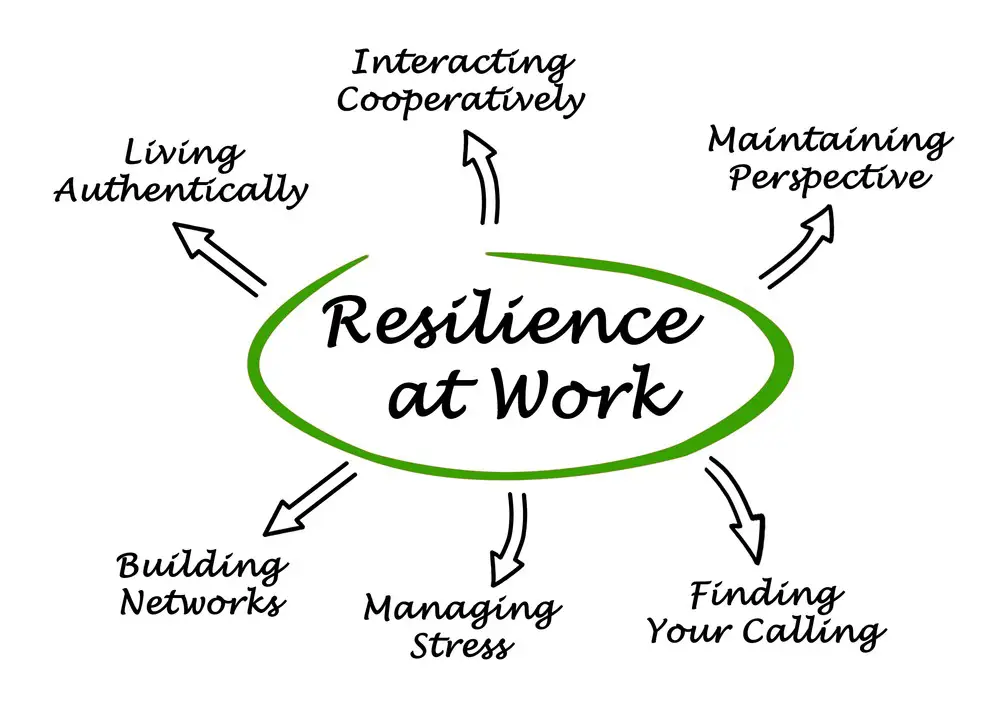 Fostering Resilience and Confidence
Fostering Resilience and Confidence herapeutic Practices for Healing
herapeutic Practices for Healing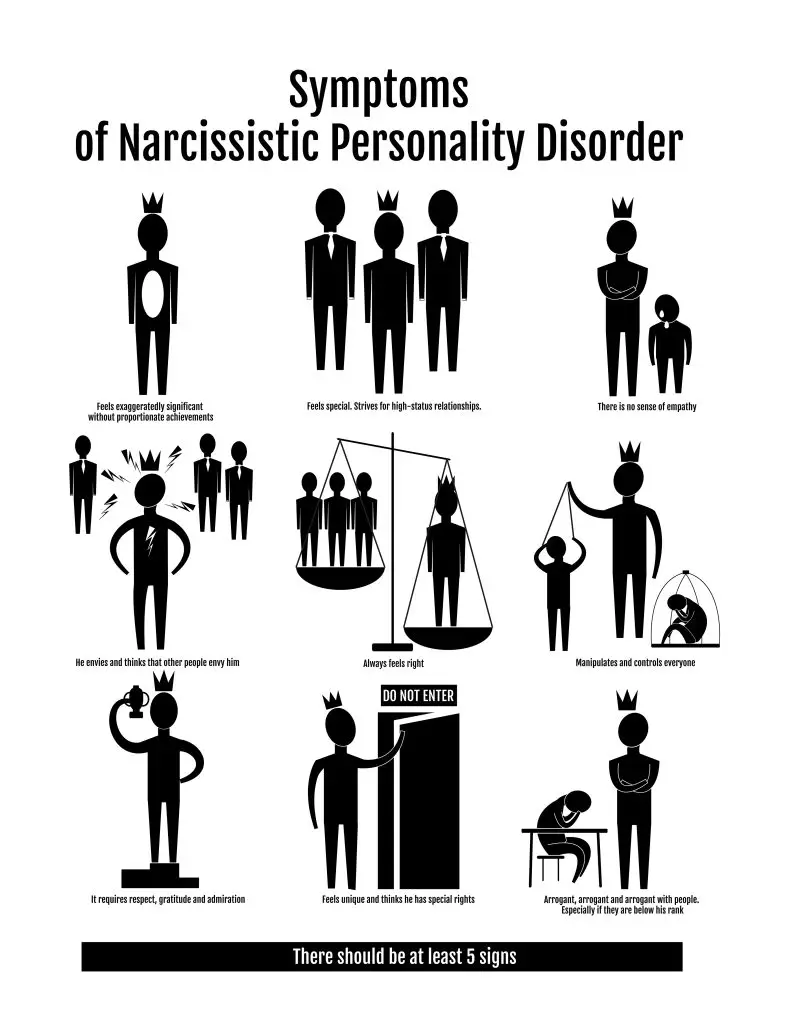 Navigating Co-Parenting Challenges
Navigating Co-Parenting Challenges
